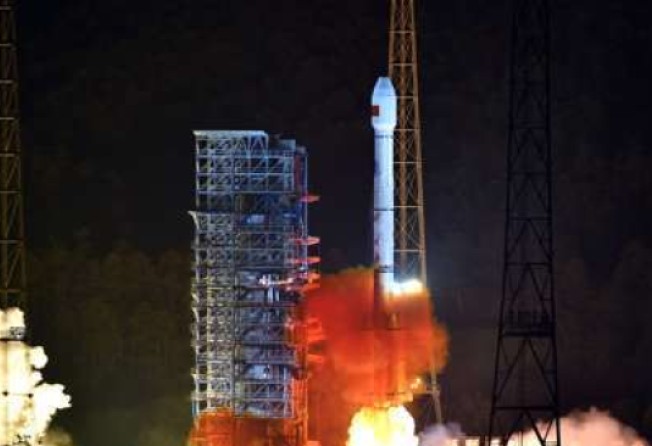Politics must be excluded from space exploration
A US ban on cooperation with China is a view not shared by the heads of the Chinese and American space administrations, the scientific community or even the White House

Space is so expensive to explore that it makes sense for agencies to collaborate and pool resources. China and the US, as the leaders in the field, should therefore be working together on endeavours and missions. But although scientists from both sides are eager to cooperate, American lawmakers are so distrustful of Beijing that they have refused to ease a ban involving the National Aeronautics and Space Administration (Nasa). Politics should not get in the way of scientific pursuit; exploration would come about quicker if such thinking was set aside.
The ban was imposed in 2011 due to a perceived risk of espionage. US lawmakers are so adamant that China be kept away that they even prevent Chinese scientists from attending space conferences. But the views are not shared by the heads of the Chinese and American space administrations, the scientific community or even the White House, which has been trying to change attitudes. Suspicions of Beijing run deep in Congress, though, and it is only with the retirement last year of congressman Frank Wolf, who was behind numerous China-exclusion laws, that there is a glimmer of hope.
Evidence of that feeling was on show at a secretive meeting of space officials from both sides in Beijing last month. They were discussing cooperation on TanSat, a Chinese satellite to be launched later this year that will improve surveillance of global carbon emissions. Its advanced technologies would be of great help to an existing constellation of satellites coordinated by the US. The case typifies the research possibilities being stymied by the ban.
China’s capabilities in space are well established; by contrast, Nasa’s best days are behind it due to cuts in funding. Mars is the next space frontier and in 2020, China, the US and 13 other nations will be involved in missions. But a manned flight is far off due to the technical challenges and cost. Working together rather than competition makes sense. For that to happen, politics has to be excluded from space exploration.